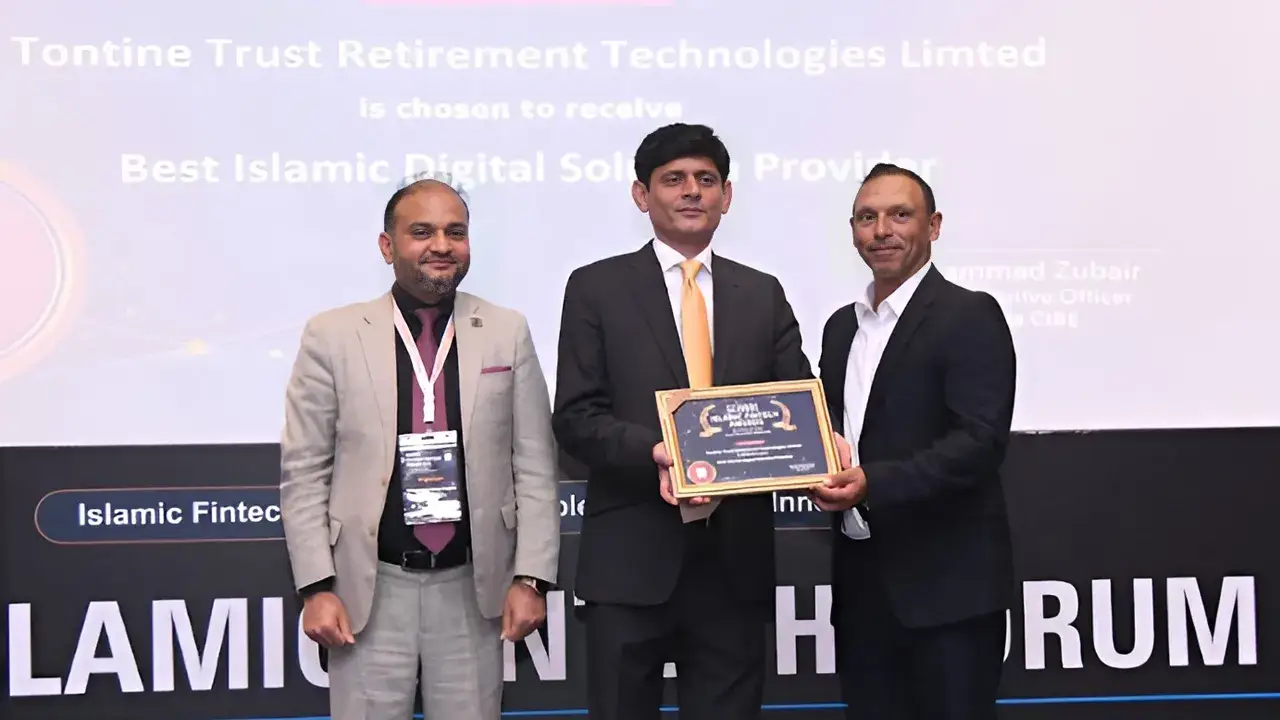The following is a translation of an article by Jose Ribeiro Pena Neto, the original article can be read here.
Innovative Mutualism – By José Ribeiro Pena Neto*
February 3, 2022
From the 2010s onwards, the Brazilian supplementary pension system assumed an apparently irreversible trend towards defined contribution plans, abandoning the outdated experience of variable contribution. Since then, we are very concerned about the lack of an instrument to ensure that the assisted person has an income until death. In a previous article, we already called attention to the fact that our system is excessively focused on the individualistic capitalization phase. We do not see any effort from our entities, the authorities, the insurance or financial system to create an alternative that allows pension savers, not only in closed pensions but also in open ones, to have a lifetime and adequate income.
We make one caveat, however. A recent international event promoted by the Undersecretary of the Complementary Pension Scheme brought specialists who spoke about annuities, tontines and collective defined contribution plans (CDC). Annuities, which have been offered for a long time in many countries around the world – it is true that with much criticism, mainly because of their cost –, did not reach Brazil.
The CDC, uncommon, but already present in some countries, and the tontines in their modern version, as they were conceived centuries ago, had never been discussed – I believe – in our country. These products are mutual solutions, which provide lifetime income in the benefit fruition phase and whose financial and longevity risk does not impact the sponsors.
We have always defended the idea that the international experience should serve as an example and inspiration for us, even if it is subject to tropicalization. That’s why we were excited to read a text by Keith Ambachtsheer, one of the world’s leading pension experts, on an innovative model of transforming capital accumulated in CD plans into lifetime income. Interestingly, he starts from the case of the plan of the University of British Columbia (UBC), in Canada, created half a century ago and which would never have been successfully copied over those years.
And it comes to the implementation, last May, by the QSuper fund of Australia, of a product called Lifetime Pension inspired by the UBC plan. The main features of this product are: a) it pays a lifetime income for the participant and, optionally, for their spouse; b) can be acquired between 60 and 80 years of age; c) the amounts paid are adjusted annually based on the fund’s net profitability and mortality; d) guarantee of minimum receipt of the amount contributed.
In parallel with the Australian initiative, the Canadian company Purpose Unlimited launched an investment fund called the Longevity Pension Fund (LPF), with the objective of transforming the capital contributed by the investor into a lifetime income. In this way, it is possible for anyone to have income until they die without having to pay dearly to an insurance company. Payments are readjusted every year according to the fund’s profitability and mortality, there is a guarantee of receipt of the amount contributed and a projection of an increase in the amount received monthly over time.
What makes these products viable? They are based on the model of the tontines, a product conceived in the 17th century, which fell into disrepute at the end of the 19th century for fraudulent use and was banned in the United States, but which somehow continued to exist in countries such as France and Sweden and today is regulated in the European Union. Even in the United States where it is considered illegal, there are products with tontine characteristics operating, such as TIAA’s variable annuities, teachers’ pension fund, and government employee plans in Wisconsin.
Modern tontines have been studied in the academy by some authors and brought to real life by professionals in the financial and social security markets around the world. Among them is Richard Fullmer, who gave a presentation at the aforementioned SURPC seminar. He has published several texts on the subject, among which we suggest Tontines A Practitioner’s Guide To Mortality-Pooled Investments, which addresses various aspects of this interesting financial instrument.
Another indication to learn more about tontines, in a lighter way, is to watch Dean McClelland’s interview with Real Vision. He created the company Tontine Trust in Ireland which offers a lifetime income product for individuals, as well as a platform for pension funds, governments and financial companies to incorporate tontines into their portfolio.
In our view, tontines can be used in our country by closed supplementary pension entities without the need for changes in the current legislation. With the word, our jurists and actuaries. Of course, something done in concert with the authorities would be much safer. Incidentally, QSuper launched its product at the instigation of Australian regulators who called on the pension fund system, called Superannuation, to find a solution to the lack of adequate annuity product.
The implementation of tontines in Brazil would also require careful technical, financial and actuarial evaluation, so that the system is fair to its participants, as described by Fullmer in the aforementioned text, avoiding intergenerational transfers and other distortions. Going back to the QSuper example, they took some time to deploy the product there, in an effort to make it simple, attractive and efficient.
Another important point to consider is finding a name that sounds better in Brazil. Fullmer, in his study, points out this need in the United States due to the bad reputation acquired in the past by the tontines and the association with mortality. Here, moreover, the word tontine does not bring to mind a product that is neither financial nor social security and can refer to silly (tonto in Portuguese), which would not be convenient. Here, with the word our communicators.
Returning to a point from the previous article, we understand that it is fundamental that the much-heralded innovation in the supplementary pension system is not restricted to processes, but also reaches the product. And that the product is not only good in the accumulation phase, but also when it comes to producing income.
Tontines can guarantee lifetime income at a fair price without risk to sponsors.
Who knows, they may be the innovative solution we need for the current and future assisted in our system. This would prove a phrase by Tom Morton, co-founder of MTV, who said “innovation is taking two things that exist and putting them together in a new way”. So we would be innovating with a product that has been around for almost 400 years, brought into an organized system about half a century ago.
At a time when a good part of our society is inclined towards individualism and that in our system some point to mutualism as a problem, the idea of the tontines goes in the way of treating mutualism as a solution. More than that. Mutualism is the raison d’être of welfare.
*Former CEO of Abrapp and former CEO of Forluz. He is currently a Supplementary Pension Consultant.



